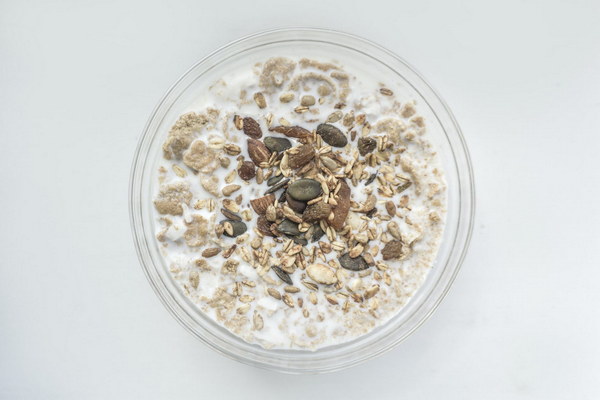Boosting Kidney Health Effective Tips for Managing Hypotension
Introduction:
Hypotension, or low blood pressure, is a common condition that can affect kidney health. While it may seem counterintuitive, managing low blood pressure is crucial for maintaining kidney function. In this article, we will discuss effective tips for managing hypotension and promoting kidney health.
1. Stay Hydrated:
One of the most important steps in managing hypotension is staying hydrated. Drinking plenty of water throughout the day can help regulate blood pressure and support kidney function. Aim to drink at least 8-10 glasses of water daily, and increase your intake if you are engaged in physical activity or living in a hot climate.
2. Monitor Your Blood Pressure Regularly:
Keeping track of your blood pressure readings is essential in managing hypotension. Use a blood pressure monitor to check your readings regularly and consult with your healthcare provider if you notice any significant changes or persistently low readings.
3. Eat a Balanced Diet:
A balanced diet can help regulate blood pressure and support kidney health. Incorporate a variety of fruits, vegetables, whole grains, lean proteins, and healthy fats into your meals. Avoid excessive salt, as it can contribute to high blood pressure and strain the kidneys. Some kidney-friendly foods include bananas, apples, berries, leafy greens, and lean proteins like fish and poultry.
4. Limit Alcohol and Caffeine Intake:
Alcohol and caffeine can exacerbate hypotension and strain the kidneys. It is best to limit or avoid these substances altogether, especially if you are already experiencing low blood pressure.
5. Exercise Regularly:
Regular exercise can help regulate blood pressure and improve kidney health. Aim for at least 150 minutes of moderate-intensity aerobic exercise per week, such as brisk walking, cycling, or swimming. In addition, incorporating strength training exercises can help build muscle mass and improve overall health.
6. Manage Stress:
Stress can contribute to low blood pressure and negatively impact kidney health. Find healthy ways to manage stress, such as practicing relaxation techniques, engaging in hobbies, or seeking support from friends and family.
7. Consult with Your Healthcare Provider:
If you have hypotension, it is crucial to consult with your healthcare provider. They can help determine the underlying cause of your low blood pressure and recommend appropriate treatments or lifestyle changes. They may also suggest medications or other interventions to help manage your condition and support kidney health.

Conclusion:
Managing hypotension is essential for maintaining kidney health. By staying hydrated, monitoring your blood pressure, eating a balanced diet, limiting alcohol and caffeine intake, exercising regularly, managing stress, and consulting with your healthcare provider, you can take proactive steps to support kidney function and improve your overall well-being. Remember that each individual's needs may vary, so it is important to work closely with your healthcare provider to tailor your approach to managing hypotension and kidney health.









